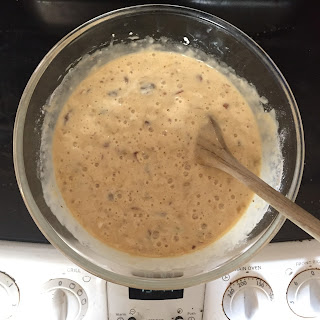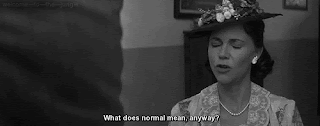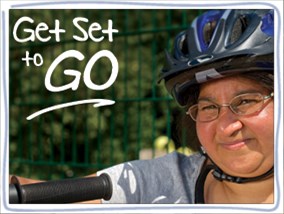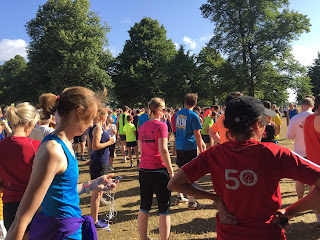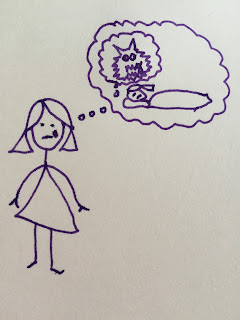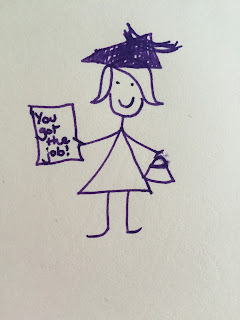Not like this, I'm not. Now sod off.
No one. Repeat no one. Uses sand like this.
Oh, and this photo's credit goes to the Daily Mail.
Of course it does.
Perhaps this is one of the many reasons why I will not be going to a beach this year. Even though I don't want to feel embarrassed by my body, I detest the fact that I am not in control of it, because of the medication and the mashed up muscles or whatever the rest of me is doing.
#EveryBodysReady
Not at all. I like being in control. Other reasons: I have skin as white as snow, and although I wouldn't say I looked like a fairy tale princess, let's just say there are good reasons why we meet Snow White in a forest and not sipping one of those umbrella drinks on a lilo in a pool she's just scrubbed clean.
Sing it Snow.
I also have a husband who is averse to all things 'beach'. He can't swim. Check. He hates hot weather. Double check. He has a phobia of crabs and lobsters. Check. Seriously. It is a thing. He did try to swim once, in a lake in the USA (no crustaceans in the lake, just, you know, leeches. He tried to get on a lilo. "It was like trying to shag a mermaid."
And this woman looks photoshopped onto her lilo.
So clearly no one gets on one of those things without serious effort.
WARNING TO MY HUSBAND - LOBSTER ALERT
>
>
>
>
This is the most inappropriate lilo for our household. Ever.
My kind of destination holiday
When I'm comparing myself to Homer Simpson, I know things are bad
Unfortunately, the one side effect I was okay with (and it was short term) was never going to last. I had a good metabolism because I was always running and then walking everywhere I could to top up my exercise, so then I put on weight and couldn't swim because of the mess of my arm, or run (in fact not could I walk) because of the tendonitis my leg and arm, so as my metabolism slowed to a crawl, my actual activity didn't even make it to that. Bed. Log roll out of bed. Shuffle to kitchen. Open fridge. Take out M&S sandwich. (Would I, in fact, be alive at all if it were not for those national treasures of two slices of bread plus filling? I really wonder!) slide into sofa. Ouch. Eat on sofa. Get up. Ouch. Back to bed. Ouch again. Snooze. Unconscious drool. Euch.
Worshiping at the Altar of M&S
It's all so incredibly shallow isn't it? This all sounds a bit like I'm sorry for myself and I suppose I am, really, because as I write this in sitting with my right ankle resting uncomfortably in icy water to try to reduce the swelling on the underside of my heel which has inexplicably flared up. I was still depressed two weeks ago, sure, but I felt like my body was finally getting back to normal. Running = more eating. Walking up escalators = my skinny jeans still fit. Walking at all = all over fitness regime those lucky enough to be able to walk have. So it was quite frankly frustrating in the extreme to be sitting here in this position, after thinking it was all going to be fine.
Yep
I hope we get to walk because the fresh air and walks help to clear my mind. Dwelling on anything does not make for a healthy perspective; this is why mental health is a challenge when anyone chooses to open up about it. With a (complication-free) broken leg (that tried and true example of what we mentally ill people don't find parity of experience with when we converse about our illnesses) it's a short conversation. It's:
"Oh, poor you, your leg is broken. How long will the cast be on?"
"Six weeks."
"Bummer."
"Yeah."
"Does it hurt?"
"Yes."
With mental illness we could carry on talking about it all day. I don't understand my own mental health. Every day is different. Every day is annoying and unpredictable, and that's why it's hard to talk about even in our inner circle of support group or fellow depressives. It's certainly not interesting everyday for me, that's for sure. It's just what it is. A mess.
When you break eggs with a big stick, you get:
cake mix.
So when in a mess, what to do? Mope? Nope. I am too good at moping. So this time I will win the to mope or not to mope fight with myself. I'll make a cake instead. A cake, like colouring, can be simple, distracting, productive and, unlike colouring (depending on how tasty you find crayons), delicious. All hail to Nigella, who taught me to try to bake again when I couldn't do anything in 2001. I am grateful for her continued, distant support through the cakes and bakes and butterfly buns she has designed for us all. Today I was productive at work, and I made a cake.
Method and Mix
Method
Mix
Tin
Bake










